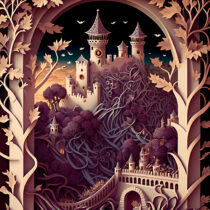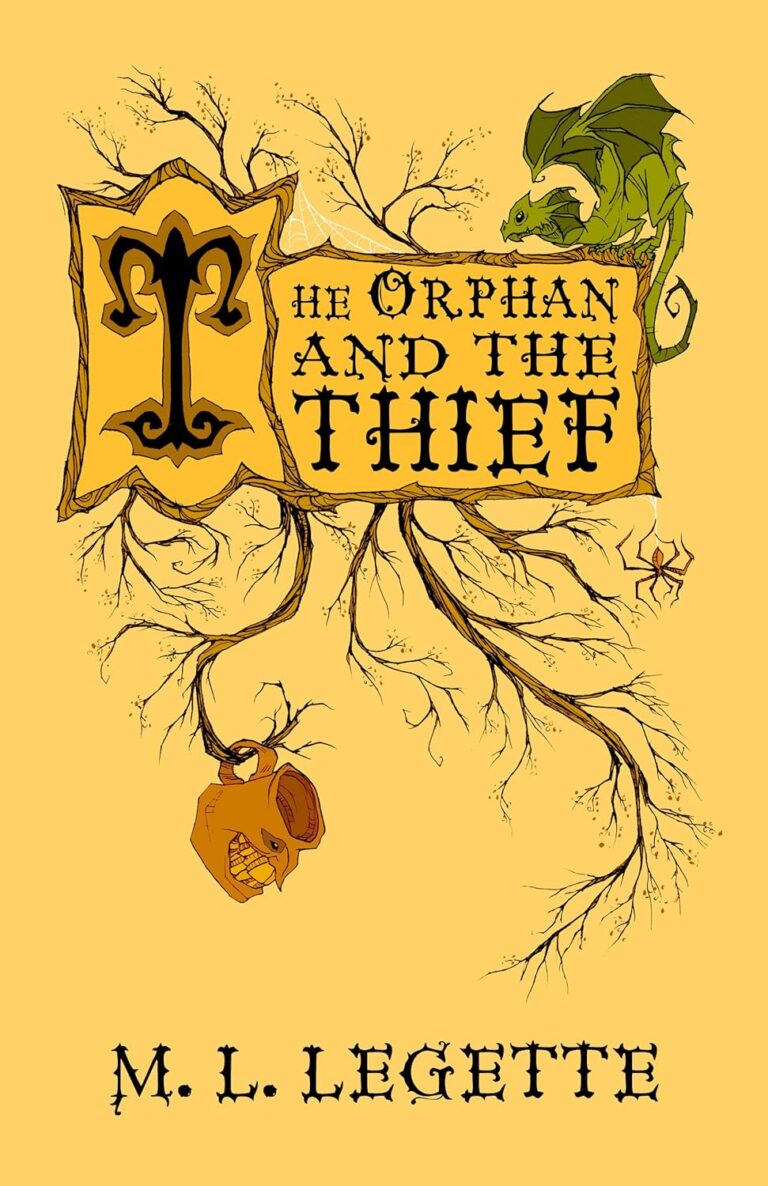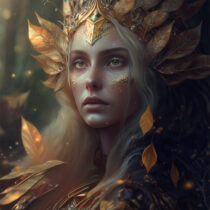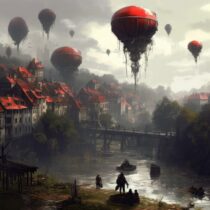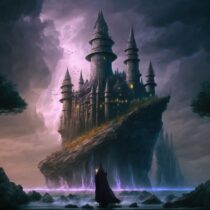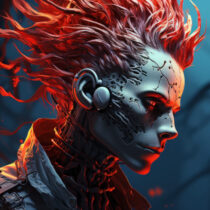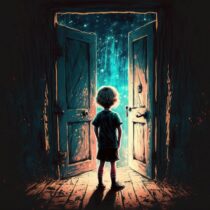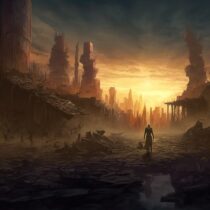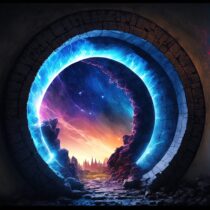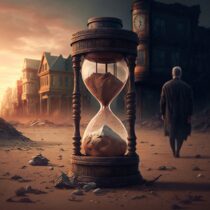Gaslamp Fantasy
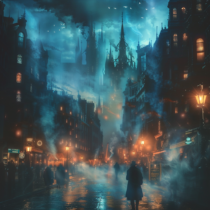

GASLAMP FANTASY is a captivating genre that blends elements of Fantasy, Historical Fiction, and often Victorian-era aesthetics to create richly atmospheric and enchanting worlds. Set against the backdrop of gas-lit streets, grand manors, and intricate social hierarchies, Gaslamp Fantasy immerses readers in a unique blend of magic, mystery, and manners. Unlike traditional High Fantasy, Gaslamp Fantasy tends to focus on urban settings, incorporating fantastical elements such as supernatural creatures, arcane rituals, and magical artifacts into a meticulously crafted historical context.
In Gaslamp Fantasy, authors weave intricate plots that intertwine the mundane and the magical, exploring themes of class struggle, societal norms, and the clash between modernity and tradition. Works like Susanna Clarke‘s Jonathan Strange & Mr. Norrell and Neil Gaiman‘s Neverwhere exemplify the genre’s allure, offering readers a glimpse into worlds where faeries lurk in shadowed alleys, clockwork inventions coexist with ancient spells, and etiquette is as important as wielding arcane powers. Gaslamp Fantasy invites readers to step into a bygone era tinged with enchantment, where the ordinary and extraordinary collide in captivating narratives that linger long after the final page is turned.


